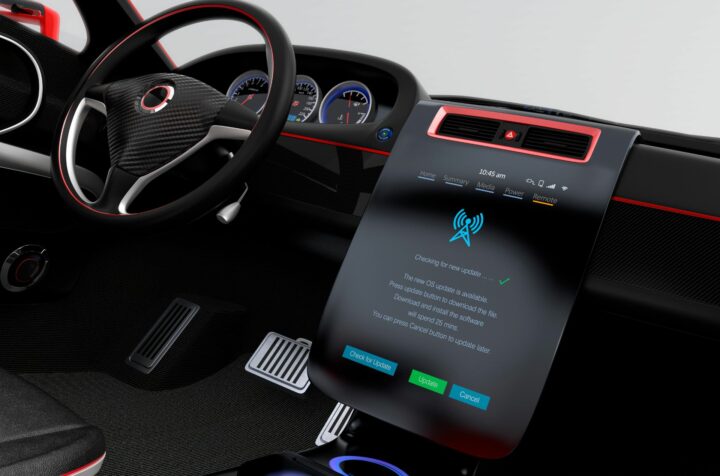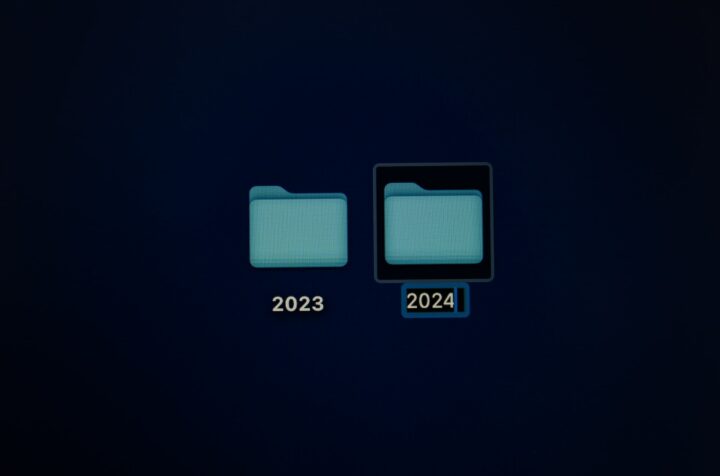Code of Conduct for paid crowdworking gains further ground through the successful introduction of an Ombudsman and the release of their first accountability report
Munich, 6th of March 2019
In 2015, Testbirds, world leaders in crowdsourced testing, introduced a Code of Conduct, with the support of the German Association of Crowdsourcing and undersigned by nine leading crowdsourcing providers, which aimed to bring stability and cooperation into a new, unregulated form of labour: Crowdworking. With the introduction of an Ombudsman in November 2017, these guidelines have now been further strengthened. The Ombudsman mediates between opposing interests that can occur when in crowdsourcing business relationships. This development has been a great success, as the first annual report on the activities of the Ombudsman demonstrates. For in-depth information into the Code of Conduct, please refer to http://crowdsourcing-code.com
Crowdsourcing, or the outsourcing of projects and tasks to the global internet community, is no longer a phenomenon that exists in the margins of society. More and more people are taking advantage of this opportunity to make money, while businesses gain access to a large variety of potential workers as well as experts. “Crowdworking addresses the desires of many employed workers to achieve more freedom and flexibility,” explains Philipp Benkler, CEO of Testbirds, the company that took the initiative to create the Code of Conduct, “However, with regards to the actual design of the crowdworking process, there are still many uncertainties.” The Code of Conduct comprises of 10 self-imposed rules that aim to complement current legislation by creating a comfortable, safe, motivating and lucrative environment for clients, service providers and workers in the crowdsourcing industry by focusing on topics such as fair payment, motivating work, data protection, respectful and open communication amongst other important principles.
“Crowdsourcing more and more allows the creation of new forms of employment as well as an original approach to cooperation between all relevant parties. Due to the constantly changing requirements for work, an open and flexible structure within organisations has become a necessity,” emphasises Dr. Michael Gebert, Vice President of the Association of Crowdsourcing. “A joint Code of Conduct allows a solid and sustainable base for cooperation with the providers of fluid, crowd-based working models. By creating the Code of Conduct, essential cornerstones and consolidated values are established and acknowledged. The Crowdsourcing Association welcomes and supports this initiative.”
In November 2017, to further establish the Code of Conduct, an Ombudsman of neutral representation, Dr. Silke Kohlschitter, judge at the labour court in Frankfurt, was introduced. When enforced, alongside Dr. Kohlschitter, a neutral chairmanship is created comprising of, on one side, the German Crowdsourcing Association and a representative of the platforms that have signed the Code of Conduct, while on the other there are representatives of IG Metall as well as the crowdworkers who originally filed a dispute.
The Ombudsman can be easily contacted by affected crowdworkers through an online form. The only prerequisite is that a previous attempt has been made to amicably settle the dispute between the crowdworker and the platform in question. Disputes can range from fair payment to work processes and are handled by the Ombudsman with complete confidentiality.
Recently, the Crowdworking Ombudsman’s Office has delivered its first accountability report. Since its inception, a total of 30 cases have been successfully resolved. The Ombudsman’s Office is equally staffed and works on a voluntary basis, with a group of varied representatives from multiple organisations, allowing crowdworkers to settle disputes that could otherwise go unnoticed through an impartial point of contact; a pivotal step forward for crowdworking as a new, productive form of labour.








